
Supercharge your lead generation with a FREE Google Ads audit - no strings attached! See how you can generate more and higher quality leads
Get My Free Google Ads AuditFree consultation

No commitment
Supercharge your lead generation with a FREE LinkedIn Ads audit - no strings attached! See how you can generate more and higher quality leads
Get My Free Google Ads AuditFree consultation

No commitment
Supercharge your lead generation with a FREE Meta Ads audit - no strings attached! See how you can generate more and higher quality leads
Get My Free Google Ads AuditGet My Free LinkedIn Ads AuditGet My Free Meta Ads AuditFree consultation

No commitment
Supercharge your lead generation with a FREE Google Ads audit - no strings attached! See how you can generate more and higher quality leads
Get My Free Google Ads AuditFree consultation

No commitment
In today's ever-evolving marketing landscape, catering businesses face the challenge of standing out in a competitive environment. Frequent frustrations include missing high‑value prospects that aren't tracked, leading to lost opportunities, and delayed follow-up causing potential leads to cool off. Google Ads presents a pivotal opportunity for caterers to bridge the gap between online visibility and actual client acquisition, addressing these pain points effectively. Modern solutions allow you to capture high-intent prospects searching for catering solutions, boosting the integration between online and personal brand engagement efforts. With targeted ad strategies, Google Ads can elevate your catering business by placing you in front of decision-makers at the precise moment of need. Measuring ROI is made easier through complete tracking from click to conversion, all while complementing broader awareness strategies like email marketing and social media efforts.
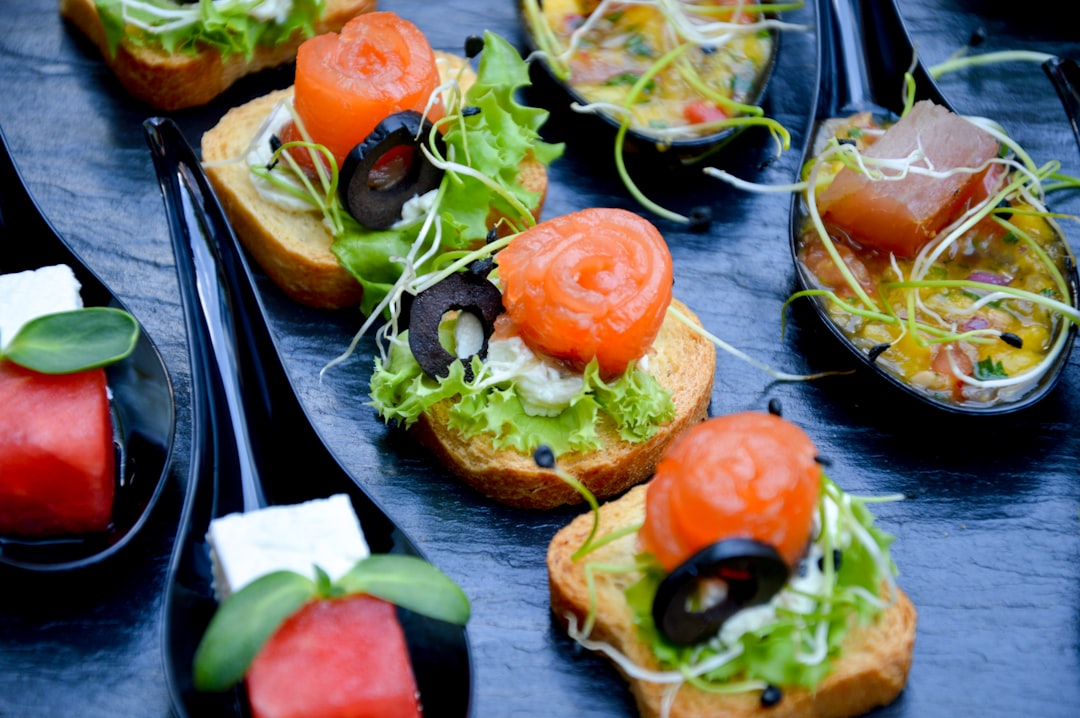
Catering businesses achieve consistent lead generation by leveraging Google Ads with a systematic, data-driven approach. Modern marketers gain an edge by integrating advanced analytics to identify which companies are visiting their website, enabling precise prioritization and targeted follow-up that outperforms generic campaigns.
Integrating Google Ads into a multi-channel strategy ensures that every touchpoint is optimized for both visibility and conversion. With granular account-level insights, revenue teams can quickly determine which organizations show genuine intent, allowing resources to shift toward prospects most likely to convert. For a deeper dive into maximizing results, see Google Ads ROI Playbook for proven approaches to uncover more leads from your website traffic.
Targeting the right keywords and audiences is essential for any high-performing catering advertising campaign. By syncing CRM and sales data, marketers keep their audience segments accurate and dynamic, allowing for real-time updates as prospects move through the funnel. This synchronization ensures that no warm lead slips through the cracks due to outdated targeting lists or missed signals in intent.
Aligning landing pages with ad creatives is critical for boosting conversion rates in PPC for caterers. Cohesive messaging, paired with clear calls to action and relevant content, ensures that prospects move seamlessly from ad engagement to inquiry or booking. PPC Strategies for Catering provides a closer look at how PPC strategies can be tailored specifically for the catering industry.
Continuous optimization of campaign performance is non-negotiable for maximizing Google Ads budget for catering. By incorporating real-time intent signals, marketers can adjust bids, budgets, and creative assets to capitalize on periods of peak interest or shifting market demand. Platforms like Sona Attribution help teams measure the true ROI of their marketing strategies and make data-backed decisions with confidence.
Integrating cross-channel marketing efforts creates a unified brand experience and amplifies engagement for event catering marketing. Marketers can seamlessly sync enriched audiences and high-intent leads between Google Ads, CRM platforms, and sales enablement tools, ensuring each touchpoint is informed by the latest customer interactions. This orchestration not only streamlines campaign management but also drives stronger, more personalized engagement, resulting in higher-quality catering lead generation and ultimately, predictable revenue growth.
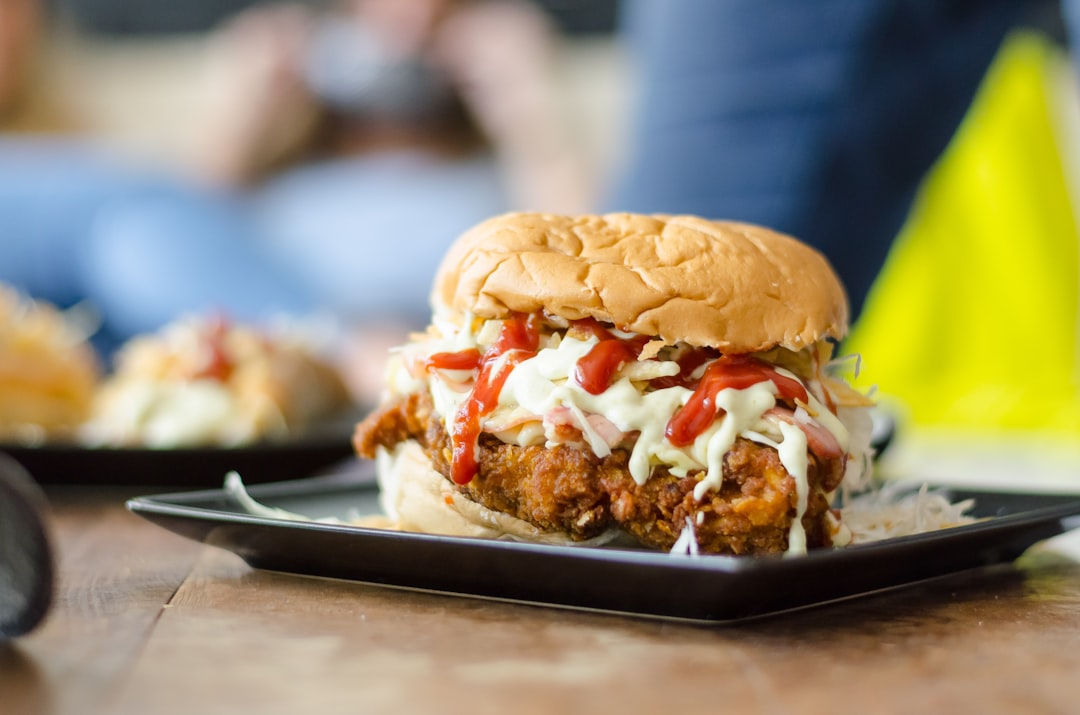
Catering businesses operate in a landscape shaped by fluctuating demand, regional nuances, and fast-moving client expectations. Google Ads presents a direct path to engage high-intent prospects, offering immediate visibility in moments when decision-makers are actively searching for solutions.
Unlike traditional analytics, Google Ads enables granular targeting that pinpoints audiences by event type, location, and purchase intent, capturing opportunities that generic marketing channels often miss. By leveraging advanced data enrichment and audience segmentation, caterers can identify not only anonymous site visitors but also the companies and individuals most likely to convert, ensuring that every click and impression works harder for the bottom line.
Precision geo-targeting allows caterers to expand into emerging markets with confidence, using campaign analytics to prioritize regions where demand is peaking. For more insights on maximizing return, check out our guide on Google Ads ROI.
Integrated campaign performance measurement closes the loop from first click to signed contract, surfacing which channels and keywords actually drive revenue. By connecting CRM and marketing automation data, teams can sync enriched lead and audience segments into Google Ads, allowing dynamic retargeting and nurturing as clients move through the funnel. This unified approach streamlines catering lead generation and ensures that marketing resources focus on the most promising opportunities, making every dollar of the Google Ads budget for catering accountable and impactful.
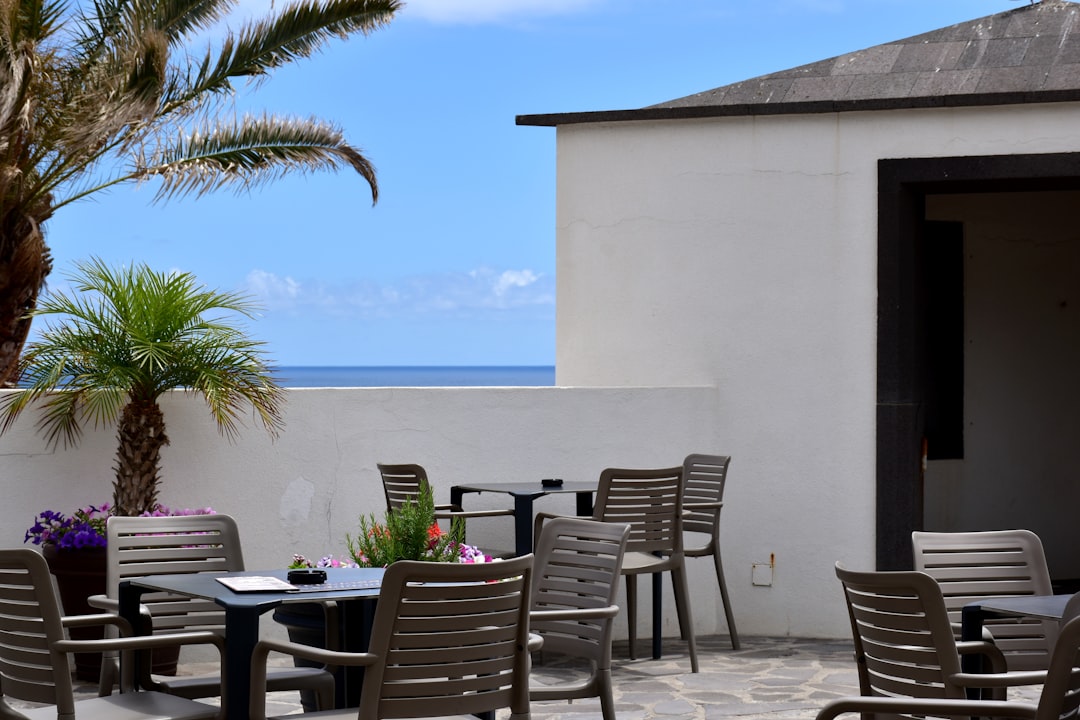
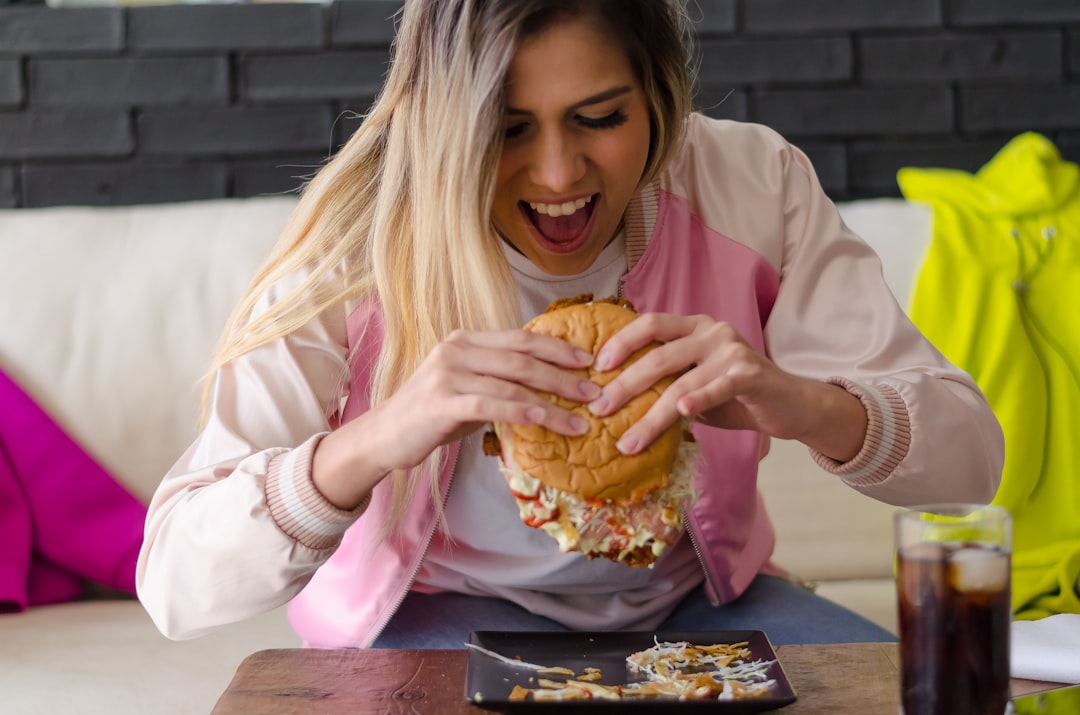
Growth in the catering industry increasingly depends on targeting specialized service segments and identifying overlooked prospects. Innovative marketers focus on distinct vertical keyword targeting, ensuring that unique catering offerings such as vegan, gluten-free, or corporate event packages are discoverable and not overshadowed by general terms. One analysis in Adtargeting.io explores how granular keyword selection can drive more qualified leads for catering businesses.
By diving into high-intent, service-specific search phrases, you can surface your brand to buyers with immediate needs and higher conversion potential. This approach prevents wasted spend on broad, less-relevant searches and channels investment into keywords proven to drive bookings.
Analyzing competitor gaps via auction insights allows you to spot underserved segments where your catering solutions can outperform. For instance, if competitors neglect certain event types or regional specialties, focusing your ad budget there can quickly yield market share. Integrating real-time data from unified visitor and company identification systems offers a sharper view of who engages with your ads and which segments show the most intent. Tools like Sona Identification help with pinpointing these high-value audiences, allowing you to dynamically adjust budget allocation and campaign focus.
Placing industry-specific ads on relevant forums, directories, and event planning platforms extends reach beyond Google Search and Display. These channels often attract decision-makers actively seeking catering partnerships, making every impression count toward lead generation for high-value contracts. To deepen engagement, retargeting with educational content such as whitepapers or how-to videos helps nurture prospects as their needs evolve. For more insights on aligning retargeted ads with funnel stages, check out our guide on retargeting strategies.
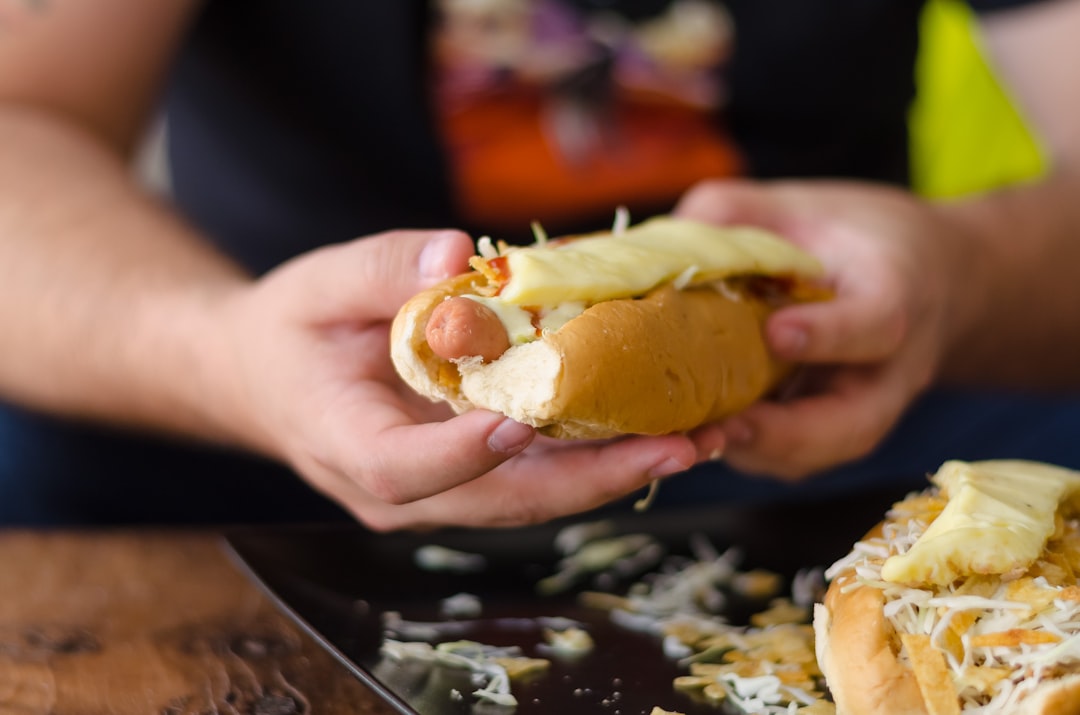
Audience segmentation in catering advertising creates a foundation for campaigns that speak directly to distinct buyer groups. By moving beyond broad targeting, caterers can connect with decision-makers in event planning, corporate offices, and specialized niches, delivering tailored messaging that reflects each group’s priorities and intent.
Defining audience segments is critical for effective Google Ads performance for caterers. Segments typically include event planners booking weddings or galas, corporate administrators seeking regular lunch solutions, and hospitality managers arranging conferences. Each segment responds to different value propositions: event planners prioritize menu creativity and guest experience, while corporate buyers focus on reliability, scalability, and seamless logistics. Segment-specific messaging enhances engagement rates, and aligning ad creative with audience context ensures higher click-through and conversion rates—as outlined in Google Ads for Caterers.
Overlaying intent signals elevates PPC for caterers from generic to precision-targeted. Analyzing keyword intent—such as “wedding catering packages” versus “corporate lunch delivery”—lets marketers serve ads that anticipate needs in real time. Integrating real-time behavioral signals allows for dynamic budget allocation, ensuring that ad spend supports segments demonstrating the strongest purchasing intent. For more insights on maximizing campaign relevance with intent data, check out our guide on Intent Retargeting.
Customizing ad groups and budgets according to audience segments ensures resources are deployed where ROI is highest. For example, higher budgets dedicated to corporate catering ad groups during Q4 can capture increased year-end event demand, while tailored messaging for wedding season can drive bookings in identified peak months. This approach streamlines catering marketing strategies and supports responsive, data-driven campaign management.
Effective conversion tracking and CRM integration are essential for sustaining high-performance catering business promotion. By connecting ad platforms with CRM tools, marketers maintain a unified view of the customer journey, from initial click to closed deal. Advanced attribution models link online and offline actions, providing full visibility into which segments and messages drive the most valuable catering lead generation. Solutions such as Sona Attribution support marketers in tracking touchpoints and optimizing campaigns based on real business outcomes. Syncing enriched audience data and conversion outcomes ensures that future campaigns can adapt dynamically, reflecting real-time insights and evolving client behaviors. This closed-loop system gives B2B revenue teams the actionable data needed to refine targeting, personalize outreach, and maximize the impact of every dollar in the Google Ads budget for catering.
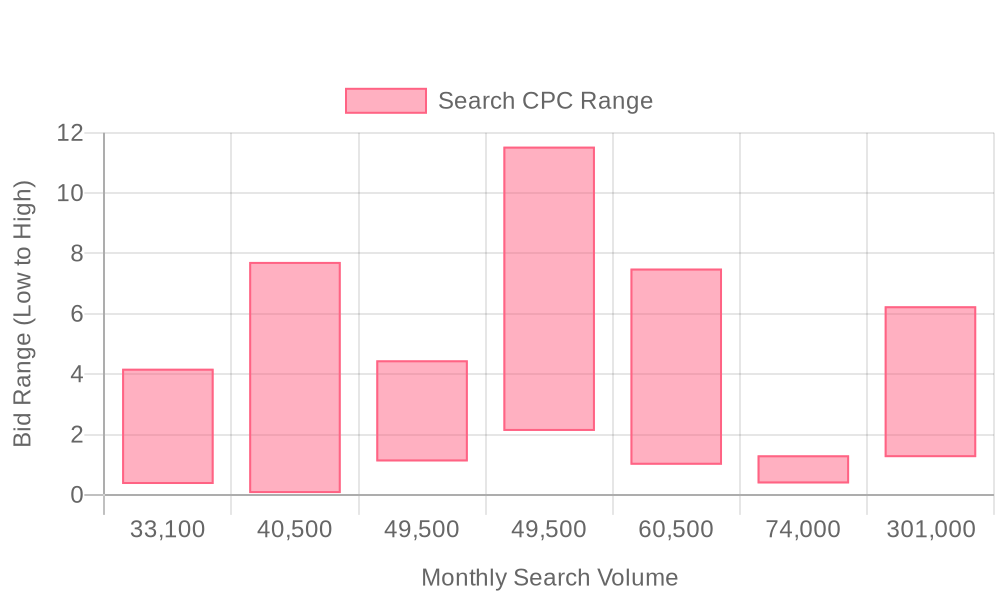
| Industry | Keyword | Monthly Search Volume | Competition Level | Low Bid | High Bid |
| Caterer | subway catering | 33100 | LOW | 0.36 | 4.18 |
| Caterer | qdoba catering | 40500 | LOW | 0.06 | 7.72 |
| Caterer | caterer | 49500 | LOW | 1.11 | 4.46 |
| Caterer | moes catering | 49500 | MEDIUM | 2.12 | 11.54 |
| Caterer | breakfast catering | 60500 | MEDIUM | 1 | 7.5 |
| Caterer | olive garden catering | 74000 | LOW | 0.38 | 1.31 |
| Caterer | catering near me | 301000 | LOW | 1.25 | 6.25 |
A high-performing keyword strategy is the foundation of successful google ads for caterer campaigns. Prioritizing high-volume, high-intent keywords such as “wedding catering near me,” “corporate event catering,” and “best catering services” enables your ads to appear precisely when decision-makers are ready to engage or book. Relying on static keyword lists limits reach and adaptability; using continuous data-driven refinement ensures your targeting evolves alongside actual search trends and buyer behavior. Catering Keywords provides insight into trending search terms for caterers.
Incorporate local modifiers and negative keywords to increase campaign efficiency and relevance. For example, integrating city or neighborhood names with core terms attracts nearby event planners and reduces wasted spend on out-of-area clicks. Negative keywords such as “catering jobs,” “free catering,” or unrelated cuisine types filter out low-value searches, focusing your budget on genuine prospects. This approach is essential for catering advertising and PPC for caterers seeking maximum return on ad spend.
Structuring keywords by buyer intent and geography aligns your strategy with the customer journey. For top-funnel, use broad match phrases like “event catering services” to capture early interest. As users move closer to their decision, narrow targeting to terms like “book a caterer in [city]” or “last-minute catering order.” When your team leverages enriched data and real-time visitor identification, you can dynamically build and adjust audience segments as leads progress through each funnel stage. This builds on the strategies outlined in Intent Retargeting, making both online advertising for caterers and catering lead generation efforts more precise, ensuring your Google Ads budget for catering is directed toward the most valuable opportunities.
Effective keyword targeting fuels every successful google ads for caterer campaign. Start by clustering keywords around specific service types such as wedding catering, corporate catering, or private party packages. Enhance reach and relevance by localizing these clusters with city, neighborhood, or event venue geo-modifiers, ensuring your ads appear in searches from prospects within your true service radius.
Long-tail queries like “corporate lunch catering in [city]” or “last-minute vegan wedding catering near me” deliver niche market penetration and higher intent, often at a lower cost per click. For a deeper dive into effective keyword strategies for caterers, Catering Keyword Ideas provides practical keyword suggestions and competitive insights.
Consistent use of advanced lead intelligence platforms allows revenue teams to move beyond anonymous search data, pinpointing not just what is being searched but who is searching. Platforms like Sona Identification help uncover the real people behind high-intent search activity, enabling marketers to focus budget on high-value accounts and tailor messaging to specific segments, aligning search intent with real sales opportunities.
Catering advertising thrives on messaging that addresses both the logistical and emotional pain points of event planners and business clients. Successful ad copy for catering services highlights solutions to common stressors: dietary accommodation, last-minute orders, streamlined booking, and delivery reliability. Use urgency-driven language (“Book now for holiday events,” “Limited summer weekends available”) to prompt immediate action and maintain consistent tone and value propositions across all marketing channels.
Dynamic audience data helps refine ad messaging in real time. As leads engage, their behaviors inform which benefits or offers resonate most, making it possible to rapidly rotate in the highest-performing headlines and descriptions. This approach keeps campaigns fresh and relevant, maximizing click-through and conversion rates even as search trends evolve. For actionable tips, Ad Copy Strategies shares expert strategies for effective ad copy in the catering industry.
The most effective catering service ads ensure a seamless 1:1 alignment between keyword, ad, and landing page content. When a prospect clicks an ad for “corporate breakfast catering,” the landing page should mirror that promise with clear menus, testimonials, and booking options tailored for corporate buyers. Direct integration with CRM systems allows every inbound lead to be automatically captured, routed, and nurtured, eliminating manual errors and accelerating time to quote.
Synchronizing CRM and ad platforms unlocks further efficiencies. If a prospect revisits your site or progresses in the buying journey, enriched audience data flows back into future google ads for caterer campaigns, dynamically updating retargeting pools and enabling more personalized outreach. This builds on the strategies outlined in Intent-Driven Retargeting, which dives into leveraging first-party intent signals for high-impact campaigns.
Data-driven optimizations are essential for staying ahead in PPC for caterers. Importing offline conversion data—such as signed contracts or repeat bookings—enables a full-cycle view of ROI and campaign effectiveness. Smart bidding strategies, powered by real-time insights into account-level engagement and pipeline velocity, help teams rapidly reallocate spend toward high-converting audiences or emerging market segments.
By automatically syncing enriched audience lists and conversion events between ad platforms and sales tools, marketers can continuously refine targeting and messaging. Solutions such as Sona Attribution support clear revenue tracking across every touchpoint, ensuring budget is always focused on the most valuable opportunities, driving higher returns and accelerating overall catering lead generation. These optimizations position event catering marketing teams to respond instantly to shifts in buyer intent, outpacing competitors and maximizing every dollar of their Google Ads budget for catering.
Strong market presence in the catering industry is built on cohesive, multi-channel strategies that anticipate client needs and leverage actionable insights. Expanding your reach hinges on data-driven audience segmentation, strategic partnerships, and a content plan aligned with real-time search trends.
Successfully expanding your caterer presence depends on orchestrating these tactics within a unified, data-centric framework. Integrating advertising, CRM, and web analytics lets you optimize every touchpoint, identify high-intent leads as they emerge, and scale personalized engagement across all channels. For a personalized walkthrough of how to unify your marketing stack, Book a Demo with our team. This holistic approach is essential for modern catering companies striving to lead in a competitive, rapidly evolving marketplace.
Running targeted Google Ads for your catering business is one of the most effective ways to stand out in a competitive market and attract high-quality clients.
Throughout this guide, we’ve explored how to optimize your campaigns—from refining keywords and crafting compelling ad copy to leveraging location targeting and tracking performance. These strategies help you maximize visibility, drive conversions, and ultimately grow your business.
Imagine the impact of consistently booked events and a steady stream of inquiries, all powered by ads that work smarter for your unique catering niche. With the right approach, you can turn clicks into loyal customers and scale your operations with confidence.
Ready to see how streamlined advertising can transform your results? Start a free trial to experience Sona's platform and its capabilities.
Best practices include targeting high-intent keywords, aligning landing pages with ad creatives, integrating CRM data for dynamic audience targeting, and continuously optimizing campaigns with real-time data.
Budgeting should be based on targeting high-value opportunities, using data-driven optimizations to ensure every dollar is focused on the most promising prospects, and integrating cross-channel marketing efforts.
Use high-volume, high-intent keywords such as 'wedding catering near me,' 'corporate event catering,' and 'best catering services,' incorporating local modifiers and negative keywords for higher relevance.
Success can be measured by tracking ROI from click to conversion, using CRM integration for full visibility of customer journeys, and employing advanced attribution models to link online and offline actions.
Search campaigns are highly effective for capturing high-intent prospects, while display, video, and remarketing ads help maintain brand visibility and engage decision-makers throughout the buying cycle.
Join results-focused teams combining Sona Platform automation with advanced Google Ads strategies to scale lead generation

Connect your existing CRM

Free Account Enrichment

No setup fees
No commitment required

Free consultation

Get a custom Google Ads roadmap for your business
Join results-focused teams combining Sona Platform automation with advanced Meta Ads strategies to scale lead generation

Connect your existing CRM

Free Account Enrichment

No setup fees
No commitment required

Free consultation

Get a custom Google Ads roadmap for your business
Join results-focused teams combining Sona Platform automation with advanced LinkedIn Ads strategies to scale lead generation

Connect your existing CRM

Free Account Enrichment

No setup fees
No commitment required

Free consultation

Get a custom Google Ads roadmap for your business
Join results-focused teams using Sona Platform automation to activate unified sales and marketing data, maximize ROI on marketing investments, and drive measurable growth

Connect your existing CRM

Free Account Enrichment

No setup fees
No commitment required

Free consultation

Get a custom Google Ads roadmap for your business
Over 500+ auto detailing businesses trust our platform to grow their revenue
Join results-focused teams using Sona Platform automation to activate unified sales and marketing data, maximize ROI on marketing investments, and drive measurable growth

Connect your existing CRM

Free Account Enrichment

No setup fees
No commitment required

Free consultation

Get a custom Google Ads roadmap for your business
Over 500+ auto detailing businesses trust our platform to grow their revenue
Join results-focused teams using Sona Platform automation to activate unified sales and marketing data, maximize ROI on marketing investments, and drive measurable growth

Connect your existing CRM

Free Account Enrichment

No setup fees
No commitment required

Free consultation

Get a custom Google Ads roadmap for your business
Over 500+ auto detailing businesses trust our platform to grow their revenue
Our team of experts can implement your Google Ads campaigns, then show you how Sona helps you manage exceptional campaign performance and sales.
Schedule your FREE 15-minute strategy sessionOur team of experts can implement your Meta Ads campaigns, then show you how Sona helps you manage exceptional campaign performance and sales.
Schedule your FREE 15-minute strategy sessionOur team of experts can implement your LinkedIn Ads campaigns, then show you how Sona helps you manage exceptional campaign performance and sales.
Schedule your FREE 15-minute strategy sessionOur team of experts can help improve your demand generation strategy, and can show you how advanced attribution and data activation can help you realize more opportunities and improve sales performance.
Schedule your FREE 30-minute strategy sessionOur team of experts can help improve your demand generation strategy, and can show you how advanced attribution and data activation can help you realize more opportunities and improve sales performance.
Schedule your FREE 30-minute strategy sessionOur team of experts can help improve your demand generation strategy, and can show you how advanced attribution and data activation can help you realize more opportunities and improve sales performance.
Schedule your FREE 30-minute strategy sessionOur team of experts can help improve your demand generation strategy, and can show you how advanced attribution and data activation can help you realize more opportunities and improve sales performance.
Schedule your FREE 30-minute strategy session





Launch campaigns that generate qualified leads in 30 days or less.
